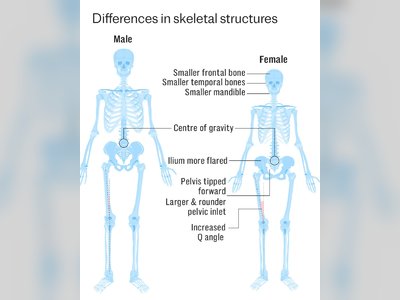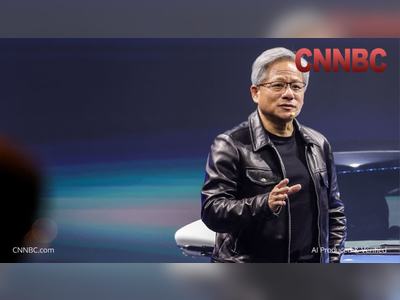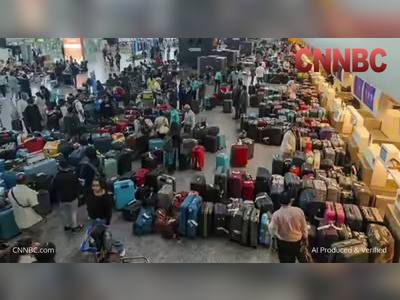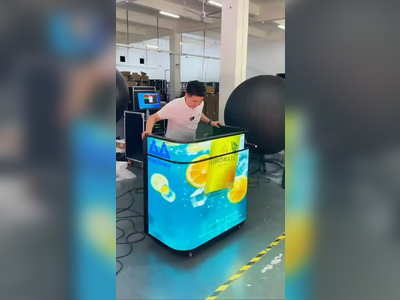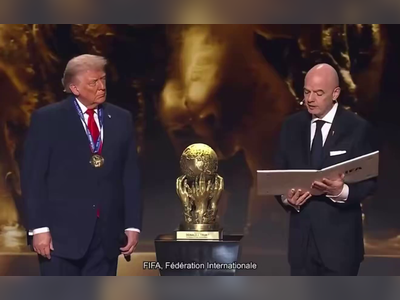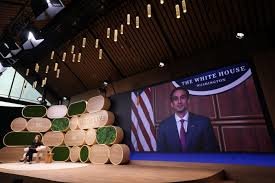
White House Technology Adviser Michael Kratsios Highlights U.S.-China AI Strategy at WSJ Tech Live
The director of the Office of Science and Technology Policy outlines President Trump’s push to secure American leadership in artificial intelligence amid stiff Chinese competition.
At the Wall Street Journal’s Tech Live event in California, Michael Kratsios, director of the White House Office of Science and Technology Policy, outlined the Trump administration’s approach to the emerging artificial intelligence (AI) competition with China.
He framed the effort as a critical national task, emphasising that the United States must both defend its technological edge and export an integrated “AI tech stack” to friendly nations.
Kratsios described the global environment as increasingly bipartite: America and its allies on one side, and a “countries of concern” bloc led by China on the other.
He said that the administration’s goal is to enable U.S. firms to lead not only in algorithms and models, but in the hardware, cloud infrastructure and deployment platforms that together form the backbone of modern AI systems.
He pointed to recent policy moves—such as the July AI Action Plan and updated executive orders—to reduce regulatory barriers, expand federal support, and position American innovation as the international standard for safe, reliable, scalable AI. Kratsios also noted that this race now extends beyond computing power alone, encompassing norms, standards and partnerships worldwide.
On China specifically, Kratsios warned that the United States cannot rely on its previous lead and must act proactively.
He said the gap that existed in 2020 is “closing significantly” as Chinese firms advance.
He described U.S. responses that include guiding allied nations towards American AI systems, restricting access by adversaries, and ensuring the American commercial ecosystem remains open and dynamic.
The event also included commentary on domestic implications: Kratsios stressed that innovation and workforce readiness will be key, and that data centre build-out, chip fabrication and model training must accelerate alongside export strategy.
He said that companies, academia and government must collaborate to maintain momentum.
Kratsios’s remarks underscore the Trump administration’s view that AI is a strategic asset central to economic strength, national security and global leadership.
With China intensifying its own efforts in AI development and expansion, the United States is now openly positioning technology policy as an instrument of statecraft and global alliance-building.
He framed the effort as a critical national task, emphasising that the United States must both defend its technological edge and export an integrated “AI tech stack” to friendly nations.
Kratsios described the global environment as increasingly bipartite: America and its allies on one side, and a “countries of concern” bloc led by China on the other.
He said that the administration’s goal is to enable U.S. firms to lead not only in algorithms and models, but in the hardware, cloud infrastructure and deployment platforms that together form the backbone of modern AI systems.
He pointed to recent policy moves—such as the July AI Action Plan and updated executive orders—to reduce regulatory barriers, expand federal support, and position American innovation as the international standard for safe, reliable, scalable AI. Kratsios also noted that this race now extends beyond computing power alone, encompassing norms, standards and partnerships worldwide.
On China specifically, Kratsios warned that the United States cannot rely on its previous lead and must act proactively.
He said the gap that existed in 2020 is “closing significantly” as Chinese firms advance.
He described U.S. responses that include guiding allied nations towards American AI systems, restricting access by adversaries, and ensuring the American commercial ecosystem remains open and dynamic.
The event also included commentary on domestic implications: Kratsios stressed that innovation and workforce readiness will be key, and that data centre build-out, chip fabrication and model training must accelerate alongside export strategy.
He said that companies, academia and government must collaborate to maintain momentum.
Kratsios’s remarks underscore the Trump administration’s view that AI is a strategic asset central to economic strength, national security and global leadership.
With China intensifying its own efforts in AI development and expansion, the United States is now openly positioning technology policy as an instrument of statecraft and global alliance-building.



